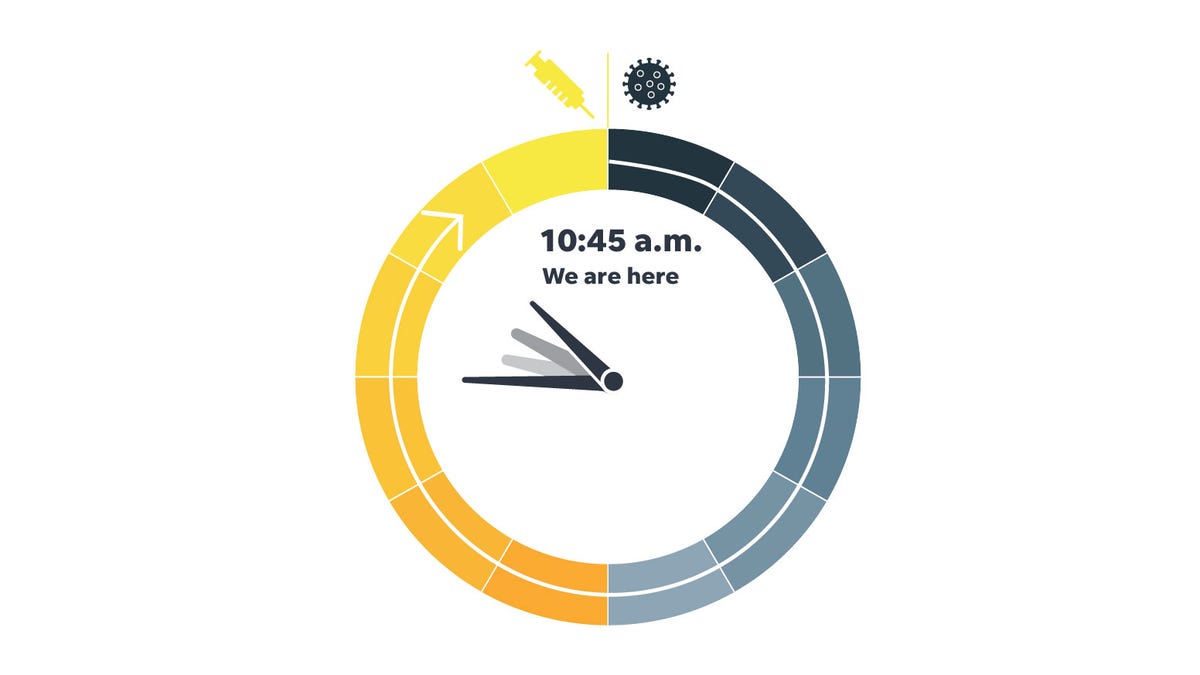
William Schaffner, an infectious disease expert at the Vanderbilt University School of Medicine in Nashville, Tennessee, is not enough people will take them.
And if vaccines don't work as well against the variants and the virus continues to circulate "there’s a risk you’ll select for the most virulent pathogen," said Sam Halabi,a law professor at the University of Missouri and a scholar at the O’Neill Institute for National and Global Health Law at Georgetown University.Still, several panelists said they are not overly concerned about these variants.Paul Offit, a pediatrician and head of the Vaccine Education Center at Children's Hospital of Philadelphia, said he won't worry unless people who are infected with the variants after vaccination get hospitalized and die.
Monica Gandhi, an infectious disease expert at the University of California, San Francisco.
And once the most vulnerable people are protected by vaccines, in some ways it's not a bad thing if a variant that is more contagious but not more deadly spreads widely, said Prakash Nagarkatti, an immunologist and vice president for research at the University of South Carolina in Columbia.A number of panelists said they are happy with what the Biden administration has done in its first month.Riefberg said she's been impressed by the "clearer communications, consistent messaging on masks and other protective measures, decision to order more vaccine, establishing FEMA-driven mega sites with a separate vaccine allocation, and a focus on Federally Qualified Community Health Centers to get to greater equity with underserved populations."."There was less vaccine initially, and clearly the deliveries were often not on time and didn’t deliver as much vaccine to the states and local locations as anticipated," Schaffner said.Riefberg and others said there still needs to be more clarity on the allocation of vaccines, and several panelists said they wished the administration would assert more control over the vaccination process, leaving less leeway to the states. .Peter Pitts, a former Food and Drug Administration associate commissioner for external relations, who is passionate about public communications, said the administration could be doing more to get out the message that the vaccines are safe and effective.Daniel Salmon, director of the Institute for Vaccine Safety at Johns Hopkins Bloomberg School of Public Health, also said he's concerned that not enough people will want to get vaccinated, and that more needs to be done to show them the benefits of the vaccines.Paul Offit, director of the Vaccine Education Center and an attending physician in the Division of Infectious Diseases at Children's Hospital of Philadelphia and a professor of Vaccinology at the Perelman School of Medicine at the University of Pennsylvania
Dr. Gregory Poland, director, Mayo Clinic's Vaccine Research Group, and editor-in-chief, VaccineArti Rai, law professor and health law expert at Duke University Law SchoolVivian Riefberg, professor of practice at the Darden School of Business at the University of Virginia, director emeritus and senior adviser with McKinsey & Co., and a board member of Johns Hopkins Medicine, PBS, and Signify Health, a health care platform company working to transform how care is paid for and delivered at home. Daniel Salmon, director of the Institute for Vaccine Safety at Johns Hopkins Bloomberg School of Public HealthWilliam Schaffner, a professor and infectious disease expert at the Vanderbilt University School of Medicine in Nashville, Tennessee
